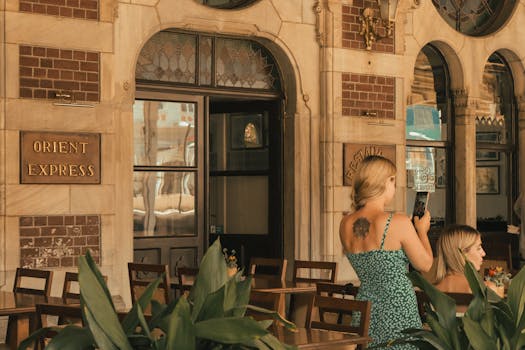
Traveling Through Time: How Europe’s Historical Heritage Shapes Modern Lifestyles in 2025
Traveling Through Time: How Europe’s Historical Heritage Shapes Modern Lifestyles in 2025. Europe, a continent steeped in history and tradition, has a profound impact on modern lifestyles. From the ancient ruins of Greece and Rome to the medieval castles of England and France, Europe’s rich heritage continues to shape the way we live, work, and interact with one another. In this article, we will explore the ways in which Europe’s historical heritage influences modern lifestyles, and how time travel can deepen our understanding of the past.
Introduction to Europe’s Historical Heritage
Europe’s historical heritage is a treasure trove of cultural, architectural, and artistic treasures. The continent is home to some of the world’s most famous landmarks, including the Eiffel Tower, the Colosseum, and Big Ben. These iconic structures not only attract millions of tourists each year but also serve as a reminder of Europe’s rich history and cultural significance. From the Renaissance to the Industrial Revolution, Europe has played a major role in shaping the modern world.
The Impact of Historical Heritage on Modern Lifestyles
Europe’s historical heritage has a profound impact on modern lifestyles. The continent’s rich cultural heritage has influenced everything from architecture to cuisine, and continues to shape the way we live and interact with one another. For example, the medieval castles of England and France have inspired modern architectural designs, while the culinary traditions of Italy and Spain have influenced the way we cook and eat. Furthermore, the cultural festivals and traditions of Europe, such as the Tomatina festival in Spain and the Carnival of Venice in Italy, continue to attract millions of tourists each year and play an important role in shaping modern lifestyles.
The Role of Time Travel in Understanding Historical Heritage
Time travel, while currently still in the realm of science fiction, has the potential to revolutionize our understanding of historical heritage. By allowing us to experience the past firsthand, time travel could provide a unique perspective on historical events and cultural traditions. Imagine being able to attend a medieval jousting tournament, or witness the construction of the Great Pyramid of Giza. Time travel could also facilitate a deeper understanding of the cultural and historical context of historical events, and provide new insights into the lives of our ancestors.
Conclusion
In conclusion, Europe’s historical heritage continues to shape modern lifestyles in profound ways. From architecture to cuisine, the continent’s rich cultural heritage has influenced everything, and continues to attract millions of tourists each year. While time travel may still be in the realm of science fiction, it has the potential to deepen our understanding of the past and provide new insights into the lives of our ancestors. As we look to the future, it is essential that we continue to preserve and protect Europe’s historical heritage, and explore new ways to experience and understand the past.





